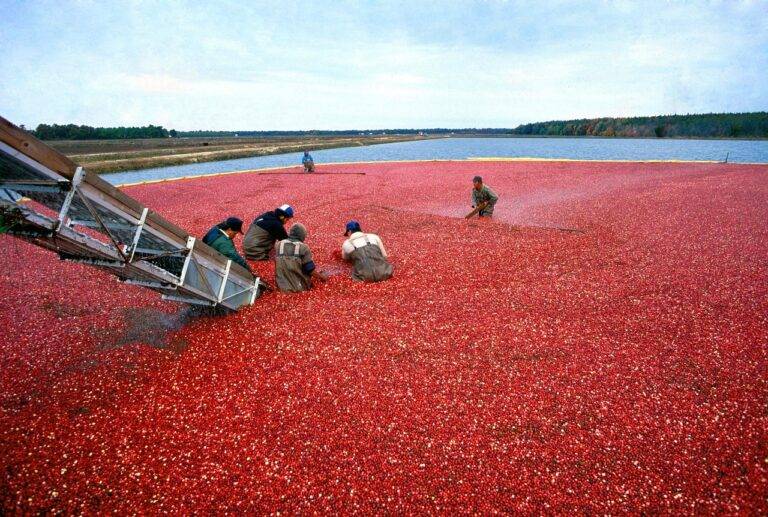Food Industry’s Role in Promoting Sustainable Agriculture Practices: Conservation and Regenerative Methods
Traditional agriculture practices have faced numerous challenges over the years, posing obstacles to efficient and sustainable food production. One major challenge is the over-reliance on chemical pesticides and fertilizers, leading to environmental degradation and soil depletion. This reliance has not only harmed the health of ecosystems but also contributed to the loss of biodiversity, threatening the long-term viability of farming systems.
Additionally, traditional agriculture practices often involve excessive water usage, especially in regions already facing water scarcity issues. Inefficient irrigation methods and poor water management further exacerbate this challenge, leading to water waste and potential crop yield reductions. These challenges highlight the urgent need for farmers to adopt more sustainable and eco-friendly approaches to agriculture to mitigate the detrimental impact on the environment and ensure food security for future generations.
Benefits of Sustainable Agriculture
Sustainable agriculture offers numerous advantages for both farmers and the environment. By practicing sustainable techniques, farmers can improve soil health, increase biodiversity, and reduce the use of harmful chemicals. These methods not only lead to healthier crops but also result in better water quality and reduced pollution.
Additionally, sustainable agriculture can help farmers adapt to and mitigate the impacts of climate change. By diversifying crops, using water more efficiently, and implementing conservation practices, farmers can build resilience against extreme weather events and ensure long-term food security. Overall, the benefits of sustainable agriculture extend far beyond the individual farm, contributing to global efforts towards a more sustainable future.
Implementing Conservation Methods in Farming
Farmers around the world are increasingly recognizing the importance of implementing conservation methods in farming. By adopting sustainable practices, farmers can help protect the environment, preserve natural resources, and ensure the long-term viability of their operations. Conservation methods such as crop rotation, cover cropping, and no-till farming can help reduce soil erosion, improve soil health, and minimize the use of harmful chemicals.
In addition to environmental benefits, implementing conservation methods in farming can also lead to economic advantages for farmers. Sustainable practices can help reduce input costs, increase crop yields, and improve the overall profitability of farming operations. By diversifying their crops and adopting integrated pest management strategies, farmers can build resilience against climate change and market fluctuations.
Crop rotation can help improve soil fertility and reduce the risk of pests and diseases
Cover cropping can prevent soil erosion, suppress weeds, and add organic matter to the soil
No-till farming helps retain moisture in the soil, reduce fuel consumption, and protect beneficial organisms in the soil
Sustainable practices can lead to improved water quality, reduced greenhouse gas emissions, and enhanced biodiversity on farms.
What are some challenges in traditional agriculture practices?
Some challenges in traditional agriculture practices include soil degradation, water pollution from chemical runoff, loss of biodiversity, and overuse of pesticides.
What are the benefits of sustainable agriculture?
Sustainable agriculture can help improve soil health, conserve water resources, reduce greenhouse gas emissions, protect biodiversity, and support local communities.
How can conservation methods be implemented in farming?
Conservation methods can be implemented in farming through practices such as crop rotation, cover cropping, integrated pest management, agroforestry, and reduced tillage. These methods help promote soil health, reduce chemical inputs, and enhance biodiversity on farms.







